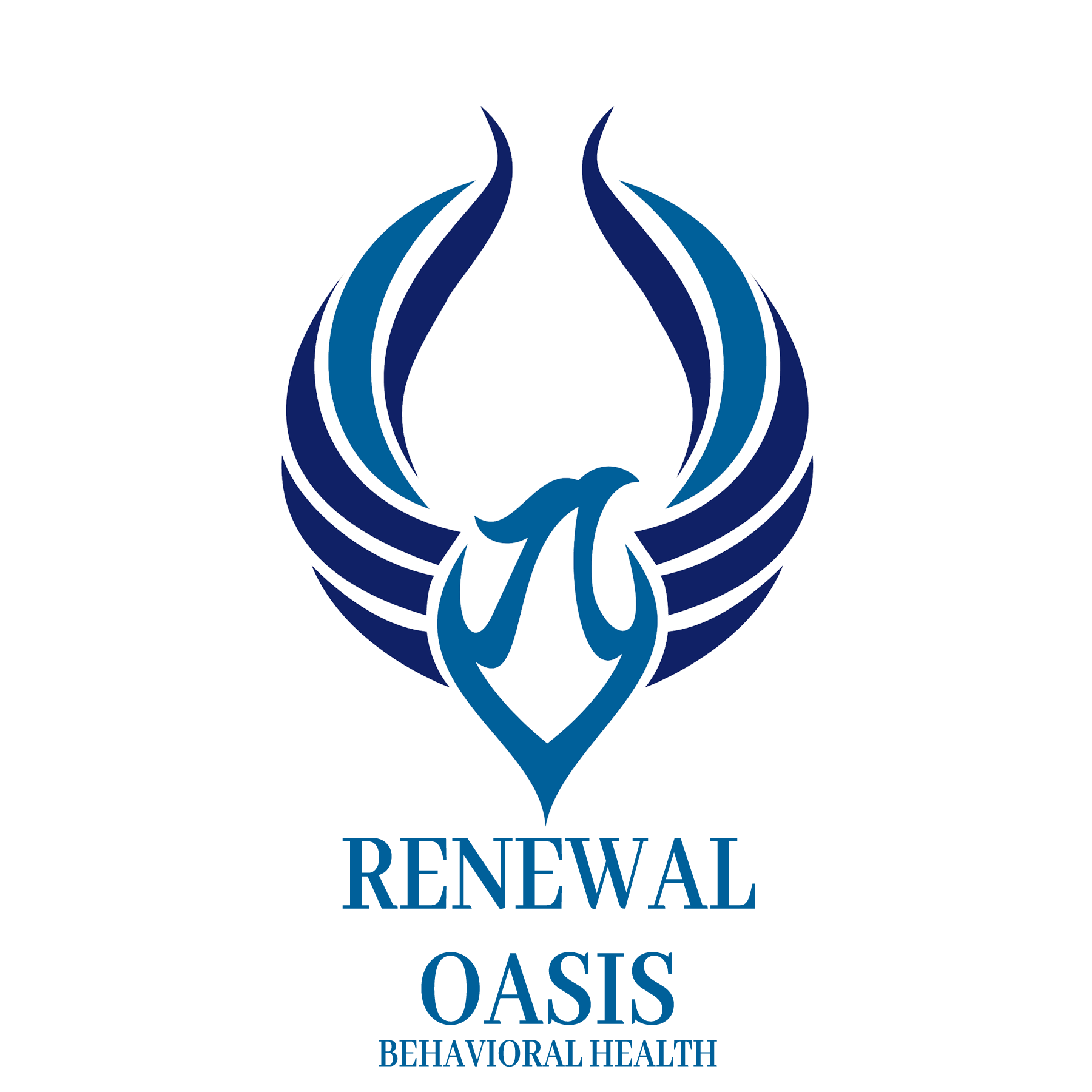Do you find yourself constantly doubting your value and talents both at home and at work? You may have imposter syndrome and can benefit from seeking professional help to reframe how you view yourself. Imposter syndrome in relationships causes one person to believe they are not good enough or worthy of their partner. This can cause tremendous havoc in a relationship and often drives a couple apart.
Renewal Oasis understands the devastating impact imposter syndrome can have on your relationship. We created a program to help you reframe how you see yourself and develop positive self-esteem. Our programs can be attended on an outpatient or residential basis. Let our skilled staff help you learn to celebrate the unique person you are and enjoy healthy relationships.
What is Imposter Syndrome?
Imposter syndrome affects a person’s ability to feel confident and have pride in who they are. Instead, they believe that they don’t live up to their or other people’s standards, even if they receive regular compliments and confirmation of their value and talent. Imposter syndrome is not a diagnosable mental health disorder, but can still impact a person’s mental health.
Imposter syndrome causes a person to feel afraid that others look down on them or judge them. Over time, adopting a belief system that the individual lacks worth impacts many areas of their lives. They often find it difficult to have healthy relationships with others, including romantic relationships. Imposter syndrome can also shake a person’s confidence and cause problems performing their job or doing school work.
Signs of Imposter Syndrome
Someone who has imposter syndrome will exhibit signs of it. They may not recognize them without knowing what they are. Common signs of imposter syndrome include:
- Low self-esteem
- Doubting a person’s abilities or talents
- Anxiety
- Depression
- Consistently judging themselves
- Not feeling deserving of compliments, accolades, or accomplishments
- Turning down opportunities like promotions because of an assumption of failing at them
- Fearing they are an imposter among talented people and will eventually be found out
- Fear of failure
- Fear of success
Causes
A person can develop imposter syndrome for different reasons. Some people initially feel self-confident, but a new challenge or situation such as a promotion causes them to develop self-doubt. For others, experiencing a challenging time at work, in a relationship, or elsewhere can shake their confidence. From then on, they feel like an imposter and incapable of doing well again.
Imposter syndrome can develop if a person suffers from condemnation or bullying from a boss, co-worker, partner, or other peer. It causes them to adopt the person’s negative attitude.
Imposter Syndrome in Relationships
Imposter syndrome in relationships causes one of the partners to believe they are not worthy of the other one. The individual feels they are just buying time because eventually the other person will decide they are better than and better off without their partners.
Someone with imposter syndrome in relationships feels they don’t deserve their partner. They will express feelings of unworthiness, doubt reassurances from their partners, and end up sabotaging the relationship with their doubts.
Ways to Prevent Imposter Syndrome in Relationships
Someone with imposter syndrome can benefit from seeing a therapist so that they have good self-esteem and are ready to be in a relationship of equals. Other things they can do to prevent an unhealthy relationship include identifying emotions and situations that can trigger feelings of low self-esteem and working to reconcile them. It helps to be honest with their partner so they understand sometimes the person feels inadequate and undeserving. Communication about this can help a great deal.
Another approach is to stop comparing the person’s relationship with that of others. Each partnership is different. Another couple may seem to be happy and perfect to others but have private struggles that impact their relationship.
Therapy Options for Imposter Syndrome
Having imposter syndrome typically means having symptoms such as anxiety and depression. Therapy modalities that target these symptoms can help ease them and make the person feel better about themselves. Individual therapy helps them open up in private and discuss the feelings and situations that trigger their feelings of inadequacy.
Cognitive Behavioral Therapy can help because it teaches people to connect how they think and feel with the resulting behaviors. Group therapy can also help because of the valuable peer support that takes place when working with people who also struggle with poor self-esteem. Finally, prescription medications can help ease symptoms of anxiety, depression, and more. When coupled with therapy, they can have a dramatic effect on helping a person begin to heal.
Contact Renewal Oasis for Mental Health Recovery Options Today
Do you recognize yourself as having imposter syndrome in relationships? Renewal Oasis can help you change how you see yourself and learn to value who you are. Our programs to treat imposter syndrome offer several types of therapy that help people heal past traumas, and improve symptoms of anxiety, depression, and other mental illness symptoms. We help you turn the page and become prepared to invest in healthy relationships where you feel like an equal.
Contact us today to find out more about how our program can change your life. We believe in your ability to grow emotionally and mentally and feel the value that you have in life and love.
Published 10/29/2024

